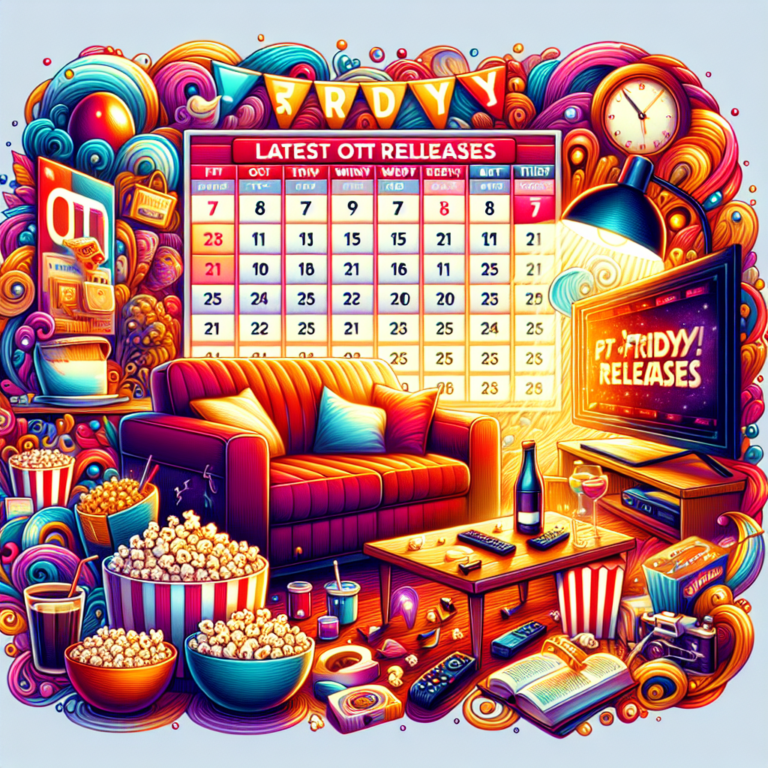
Marianne Faithfull, a name that resonates with music lovers and cinephiles alike, is a figure whose life story is as riveting as her artistic contributions. A singer, songwriter, and actress, Faithfull’s cinematic legacy is often overshadowed by her groundbreaking music career. However, her work on screen showcases her versatility and depth as a performer, illuminating her journey beyond the music stages of the 1960s and 70s.
The Early Years: An Iconic Introduction
Faithfull’s entry into the entertainment world was marked by her ethereal beauty and enigmatic presence. She first garnered widespread attention in the 1960s as a folk singer with hits like "As Tears Go By," penned by Mick Jagger and Keith Richards of The Rolling Stones. This association opened doors for her in the world of cinema, yet it was her first film appearances that began to carve her identity as an actress.
Her early film career included a notable role in I’ll Never Forget What’s’isname (1967), where she portrayed a vixenish character that mirrored her public persona. This act of stepping from music to acting showcased her willingness to explore diverse roles and narratives, reflecting her artistic curiosity.
Exploring Cult Classics
During the late 1960s and early 1970s, Faithfull gravitated towards more avant-garde cinema, signaling a shift in her artistic expression. She appeared in The Girl on a Motorcycle (1968), a cult classic that merged her music and acting skills. Playing the role of a free-spirited woman on a motorcycle, her character embodied the counterculture movement, drawing parallels to her own life as a young icon of rebellion.
Her performance was marked by an intriguing mixture of vulnerability and strength, illustrating her evolution not just as an artist but as a woman navigating the tumultuous waters of fame, addiction, and personal strife. This trend continued with her role in The Last of Exit (1971), reinforcing her status as a daring performer willing to take risks in her career choices.
The 80s and Beyond: A Resilient Comeback
The 1980s were a challenging period for Faithfull, as her battles with addiction overshadowed her artistic endeavors. However, the decade also marked a resurgence in her film career. With films like Broken English (1981), she not only returned to acting but also embodied the experiences of women dealing with complex relationships and personal demons. Her emotional depth in these performances resonated with audiences, while critics praised her ability to convey raw authenticity on screen.
In the 1990s and beyond, Faithfull’s filmography expanded further, with appearances in films such as The King Is Alive (2000) and Irina Palm (2007), demonstrating her capacity for reinvention. The latter film, where she plays a grandmother who takes up a surprising job to fund her grandson’s medical treatment, highlights her strength and unwavering spirit.
The Bridge Between Music and Film
One of the defining features of Faithfull’s cinematic legacy is how seamlessly she bridges her music and acting careers. Documentaries and biographical films like Marianne Faithfull: A Life on Record (2016) delve into her life story, intricately weaving her musical achievements with her film roles. This duality enriches her narrative, allowing audiences to appreciate her contributions to both industries.
Moreover, her music has been featured in various films, further cementing her influence on modern cinema. Songs like "Witches’ Song" and "The Ballad of Lucy Jordan" have found new life in films, reflecting her lasting impact as a musical storyteller.
Conclusion: A Complex Legacy
Marianne Faithfull’s journey through the world of cinema is a testament to her resilience and talent. From her early days as a pop sensation to her candid portrayals of complex characters, she remains an enigmatic figure whose impact extends beyond her music. Her ability to evolve, confront her demons, and reclaim her narrative is inspirational.
As we reflect on her cinematic legacy, it becomes clear that Marianne Faithfull is not merely a relic of the past; she is a symbol of artistic integrity, a performer who has navigated the intricacies of fame, love, and loss. With each role she undertakes, she continues to craft a legacy that is undeniably rich, multifaceted, and ever inspiring.



